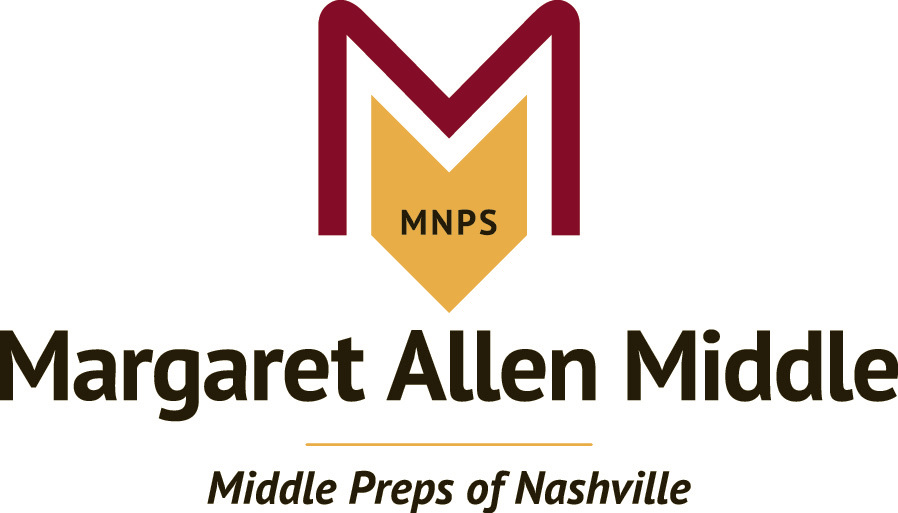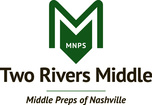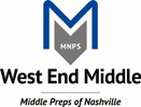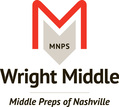|
Each year, the National Center for Education Statistics hosts the STATS DC Data Conference. This year's conference was held in Washington D.C. on August 1-3. Two MNPS employees presented at this conference.
Laura Hansen, MNPS Director of Information Management and Decision Support, was part of a expert panel on Wednesday, August 2nd entitled, A Tense Marriage: Governing the Relationships Among Data Interoperability, Security, and Privacy. This session discussed the tension between balancing the needs to support students and teacher in experiencing high quality learning experiences while maintaining appropriate barriers and privacy protections for students. Dr. Margie Johnson, MNPS Collaborative Inquiry Coordinator, co-presented with Dr. Stephanie Wilkerson, president of Magnolia Consulting, on Wednesday, August 2nd about MNPS' journey to implementing collaborative inquiry data use practices throughout the district. The session entitled, A District's Journey of Implementing Effective Data Use Practices, shared MNPS's data journey toward developing and implementing the Data-Informed Decision-making Ecosystem, of which collaborative inquiry is the heart of the ecosystem and serves as a guide for empowering educators to use data, no matter the source, for making informed decisions. Tools developed to support the implementation of the ecosystem, including the Teacher Data Use Survey and MNPS IC Map for Collaborative Inquiry were shared with participants. The PowerPoint for this session is available HERE. (Stephanie and I also have a published article mentioned in the PowerPoint. If you would like a copy of it, please email me requesting a copy.) The presentations from the conference should be available online soon. If you want to check out their website, you can access it at http://www.mnpscollaboration.org/collaboration-corner-blog/ci-update-do-you-understand-the-words-coming-out-of-my-mouth. If you need any support with collaborative inquiry and/or have a story to tell, please contact Margie Johnson at [email protected].
0 Comments
If you want to fast, go alone. |
| In the webinar, Dr. Margie Johnson shared MNPS' work around creating a culture of collaborative inquiry at the district and Dr. Canidra Henderson, executive principal at Haynes Middle Design Center, shared how her teachers use the data warehouse at-risk indicators (early warning system) and the collaborative inquiry process to support student success. |
Metro Nashville Public Schools represented at the Nashville Technology Council's
Nashville Analytics Summit
on August 11, 2016
Dr. Margie Johnson presented a 90 minute workshop on August 11th sharing about the MNPS data warehouse, its implementation and lessons learned, particularly the development of the Data-Informed Decision Making Ecosystem. The ecosystem is the framework used by MNPS for building the capacity of employees to use data for making informed decisions. To access the workshop materials, please click on one of the below pictures.
How are you and/or your school using the collaborative inquiry process for making data-informed decisions?
Please share your stories or request support by contacting Margie Johnson at [email protected].
VOTE MNPS at SXSWEdu!
Implementation Road Map to Expected Results - Learn about a cool tool for implementing education initiatives! Discover how educators and researchers can use it to define and guide implementation of practices that lead to expected results. Click here to vote: http://panelpicker.sxsw.com/vote/64916
Walk Your Talk: The Teacher Data Use Survey - Learn about a new tool designed to assess teacher data use and the supports that make it happen along with a user-friendly tool for reporting TDUS data. Click here to vote: http://panelpicker.sxsw.com/vote/64502
By voting for MNPS' conference proposals, you let the SXSWedu proposal reviewers know that people want to hear more about MNPS' innovative work that is making a difference in students' lives.
VOTING ENDS SEPT 2nd.
We are excited to have you join our community!
On June 1st, they were introduced to the MNPS Innovation Configuration Map (IC Map) for Collaborative Inquiry and begin thinking about how they plan to implement collaborative inquiry in their schools this fall. Resources for their workshop are available at http://www.mnpscollaboration.org/innovation-configurations-materials.html.
If you have any feedback, questions, and/or recommendations for our community of practice, please let me know. Also, know that I am always here to offer support in implementing collaborative inquiry and look forward to continuing our collaborative learning journey together.
Here's to a wonderful summer!
Component C of the MNPS IC Map for Collaborative Inquiry is all about fostering a culture of trust. When groups have high relational trust, "it is safe to display both high competence and vulnerability" (Lipton & Wellman, 2012, p. 13). There is a section on the Seven Qualities of High-Performing Groups--Scaled Group Inventory and the Seven Qualities of High-Performing Groups--Self-Assessment Inventory (see below questions). I encourage you to review the questions about yourself and your teams to gauge the trust levels.
Using the data from the inventories, what might be some strategies you start using to increase the trust levels? Here's the link to the Component C Resources, which may help.
If you already have high levels of trusts, do you have resources to share with others? If so, please email Margie Johnson at [email protected]. I will add them to the MNPS Collaboration website and share with others in the next blog post.
Have a great week. T-2 days until Spring Break begins. :) Have a wonderful break!
Scaled Group Inventory Questions about Trust:
- Do we clarify and communicate high expectations for ourselves as a group?
- Do we make it safe not to know?
- Do our actions reflect our commitments?
Self-Assessment Inventory Questions about Trust
- What makes me feel safe or not in this group?
- How am I making it safe for others?
- Am I following through on my commitments?
Reference:
Lipton, L, & Wellman, B. (2012). Got data? Now what?: Creating and leading cultures of inquiry. Bloomington, IN: Solution Tree Press.
And....once it's spent, you can never get it back.
Therefore, the premise of collaborative inquiry is to work toward developing highly efficient and effective teams, so time is not wasted and impact is maximized.
Last week several of us got to spend time in a workshop with Dr. Laura Lipton. Day one of the session was all about providing us with structures, strategies, and principals for facilitating collaborative inquiry teams.
While reflecting upon the workshop, I wondered if there was a video from Dr. Lipton about data teams. I found one that I want to share entitled, Growing as a Group: Effective Use of Teacher Time.
In this video, she discusses the 5 Assumptions of Effective Group Work. I’ll list them below the video, but also want you watch the 6 min video as she explains the assumptions and their application.
- Assessment and Feedback drives group growth.
- Group development and task accomplishment intertwine.
- When groups change the way they talk, they change the way they work.
- Comfort with discomfort is necessary for group learning.
- Patterns become habits, and habits become norms.
In two places in the video, she mentions group assessments and/or inventories. If you group is looking for one, see the below links:
- Component A Resources
- Component B Resources
- Component C Resources
Here’s to a great week of learning and growing…… Countdown to spring break: 8 days. :)
When having team meetings, agendas help the team to establish and maintain a clear focus, which is Component A of the IC Map for Collaborative Inquiry. The Collaborative Inquiry Toolkit has several examples of meeting agendas that you and your team may want to adopt. I am going to spotlight two today—MNPS Team Common Planning Template and Collaborative Inquiry Template.
The MNPS Team Common Planning Template is provided by Leadership and Learning. This template was first used in high schools and in recent years was shared with middle school administrators. (The version shared is the middle school version.) The template provides an overview of using it, the importance of intentional planning, and an agenda outline that helps ensure certain topics are addressed. You can access this template HERE.
The Collaborative Inquiry Template was created by Noelle Taylor, currently at West End Middle Prep. Combining information learned from the Got Data? Now What? workshop with Dr. Laura Lipton, she developed an agenda template for teams to review the five causal theories and test them to begin to identify root cause issues. You can access this template HERE.
If you have any great resources to share about this component of collaborative inquiry or others, please feel free to email them to Margie Johnson at [email protected].
Below are the training materials from Monday's session. You can also access all of the resources on this website in My Hub (SchoolNet) by doing a PD search using the key words, "data use." Here's a link to video tutorials about SchoolNet in case assistance is needed.
If there's anything I can do to support you, please let me know.
February 15th Workshop Materials
Click HERE to access them.
Email Subscription
Click HERE to subscribe to receive emails for the blog posts.
Archives
February 2018
January 2018
December 2017
November 2017
October 2017
September 2017
August 2017
July 2017
June 2017
May 2017
April 2017
March 2017
February 2017
January 2017
December 2016
November 2016
October 2016
September 2016
August 2016
July 2016
June 2016
May 2016
April 2016
March 2016
February 2016
Categories
All
Agenda Template
Behavior Plan
Central Office
Collaboration
Collaborative Professionalism
Collective Efficacy
Community Of Practice
Community Partners
Component A
Component B
Component C
Conference Presentations
Culture
Data Guide
Equity And Diversity
Evaluation Plan
Exceptional Education
Family Engagement
IC Map
Laura Lipton
Leadership
Leading Collaborative Teams
Literacy
Maximizing Time
Mission
MNPS Data Warehouse
NAZA
PreK
Psychological Safety
REL Appalachia
Relational Load
Research
School Spotlight
SEL
SIP
Social Capital
TDUS
Trust
Vision
Welcome
Workshop Materials
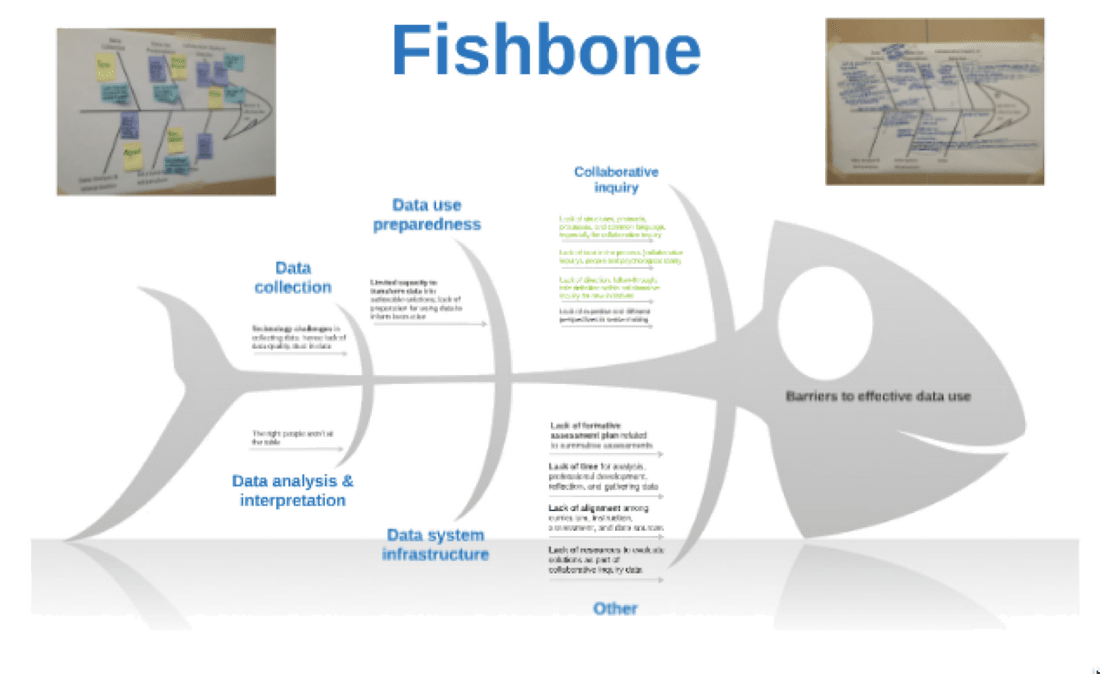
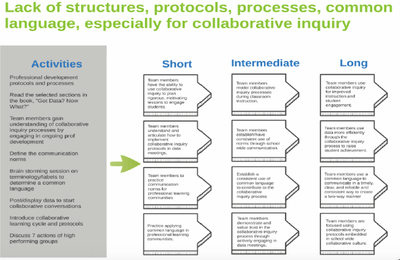
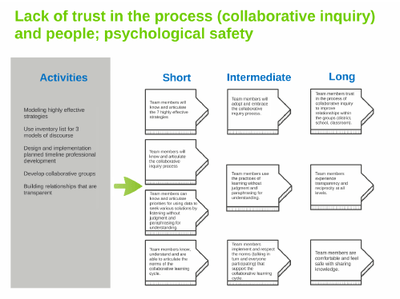
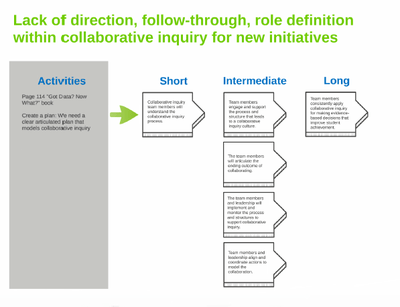
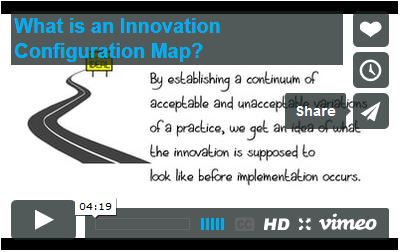
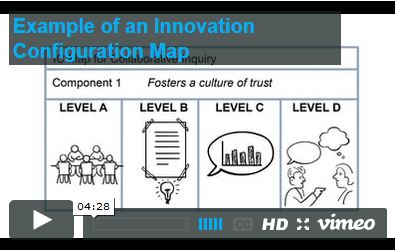
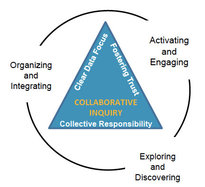
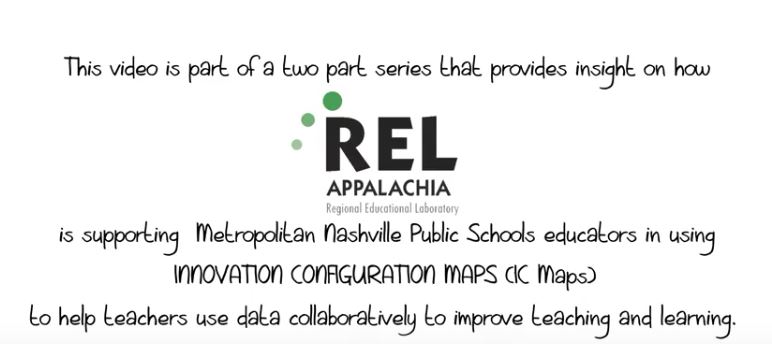
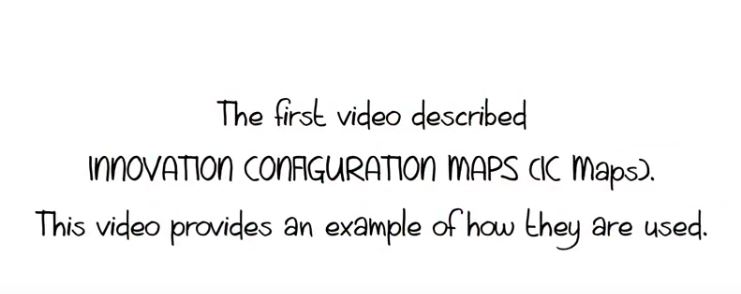
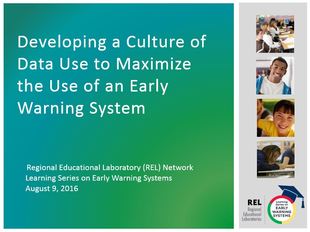
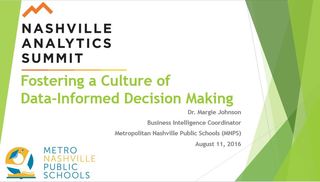
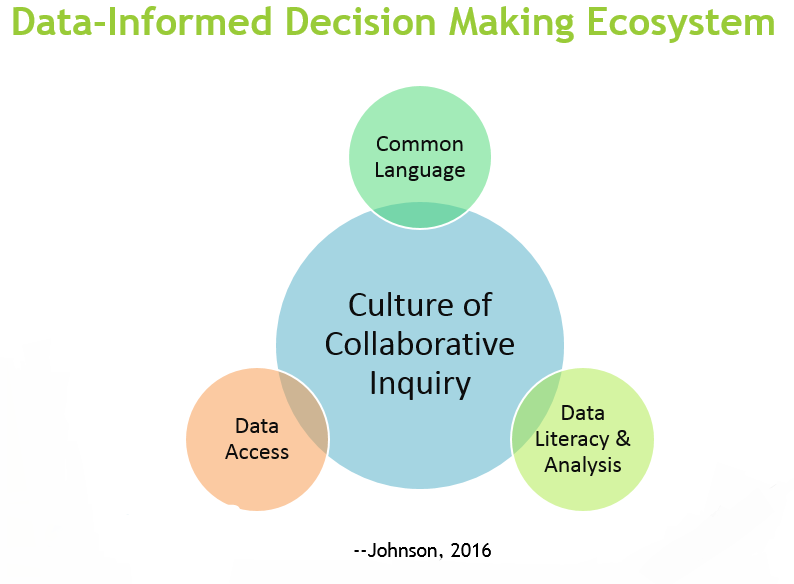

 RSS Feed
RSS Feed

